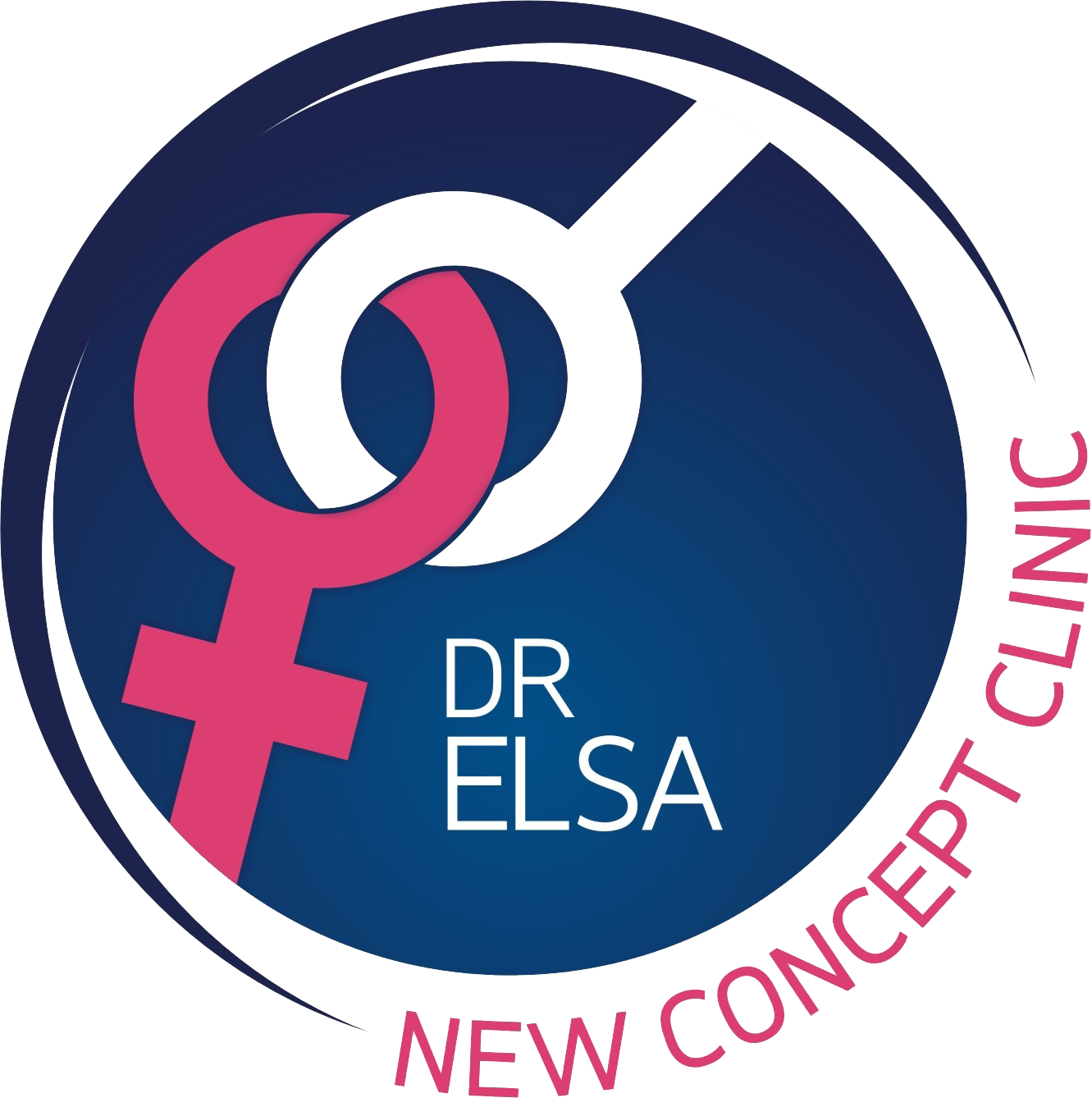FAQs
- Dr Elsa New Concept Clinic
- /
- FAQs
How do I make an Appointment?
Simply call us at +971 (0)4 554 7273 during our working hours or you can request an appointment online using this form.
Do I need a referral to make an appointment?
Most medical specialists will accept only referred patients. This is mainly to try to ensure that the specialist you are seeing is appropriate for you and your condition. Check with your insurance company to see if a referral is necessary.
What to bring for your initial consultation?
For your initial consultation you will need to bring a referral letter from your physician if necessary.
Here is check list for your initial consultation
- Valid Emirates ID or passport
- Insurance information
- Referral Letter (if required)
- Reports, X-rays, MRIs, CT scans etc. and any other relevant information
- List of medications (if any)
We encourage you to come to your initial consultation with a written list of questions to ensure you don’t forget to ask them when you are seeing the doctor.
Are my medical records kept private and confidential?
Your medical file is handled with the utmost respect for your privacy. Our staff is bound by strict confidentiality requirements as a condition of employment regarding your medical records. We will not release the contents of your medical file without your consent.
How do I contact after hours?
There will be a point of contact 24 hours a day for any concerns you may have. You will be provided with contact details following your treatment.
Is there anything I should avoid eating while pregnant?
Here is a list of foods to avoid during pregnancy to reduce your risk of infection:
- Raw or undercooked fish
- Meat that is undercooked or raw
- Meat that has been processed and deli meat
- Eggs that are raw
- sprouts, raw
- Fruits and vegetables that have not been washed
- Dairy products that have not been pasteurized
- Caffeine and alcohol
- Drinking water tainted
Can We Exercise While Pregnant?
Yes, you may exercise while pregnant. Avoid contact sports and activities that pose a high risk of injury.To avoid dehydration, drink plenty of water before, during, and after exercise. Increase your pelvic floor workouts. Walking, swimming, stationary cycling, and prenatal yoga are all low-impact exercises that are safe and advised throughout pregnancy.
How much kicking should I experience? When do I need to be concerned?
You may begin to notice your baby’s movements, known as “quickening,” between 16 and 25 weeks of pregnancy.Initially, you may notice sporadic, erratic motions. You should observe a more regular pattern of movements as your pregnancy advances. Keep an eye on your baby’s movements. You can perform a “kick count” by timeing how long it takes your baby to make ten distinct movements.If you detect a major decrease in your baby’s movements or a sudden shift in their activity pattern, call your healthcare provider right once.
What symptoms accompany endometriosis?
One prevalent gynecological issue affecting women who are of reproductive age is endometriosis.
Laparoscopy: This procedure involves burning or removing lesions and scar tissue.
Major abdominal surgery, often known as a laparotomy, entails a bigger abdominal incision that the surgeon uses to access and remove the endometrial lesion.
Hysterectomy: This is a surgical procedure in which the uterus is removed.
Is it usual to experience shortness of breath?
It’s not uncommon to feel short of breath during pregnancy, as your body goes through many changes. However, it’s important to keep a close eye on any unusual or severe symptoms. If you experience sudden and severe shortness of breath, chest pain, or dizziness, please don’t hesitate to reach out to your healthcare provider immediately. They are there to support you and ensure your well-being throughout this incredible journey.
What Prenatal Vitamins Should I Take?
Prenatal vitamins are crucial for pregnant women and those who are trying to conceive.
- Folate (Folic Acid)
- Calcium Iron
- D vitamin
- Fatty Acids Omega-3
- Iodine
- C vitamin
- B6 and B12 vitamins, as well as zinc
Why did I begin to bleed? Should I Be Worried?
It can be concerning when you start to bleed during pregnancy. There are several possible reasons for this, including implantation bleeding, miscarriage, ectopic pregnancy, infections in the reproductive tract, cervical alterations, placental problems, and subchorionic hematoma.
If you experience bleeding during pregnancy, it’s important to seek medical attention right away. Don’t hesitate to reach out to a healthcare professional for help.
What are fibroids exactly and can they lead to cancer?
Fibroids are growths that develop in the uterus during childbearing years and are typically noncancerous. However, in rare cases, a type of cancer called leiomyosarcoma can develop in the uterine muscle, which can complicate diagnosis and treatment.
What exactly is a fibroid? Can fibroid cause cancer?
Dealing with infertility can be tough, but there are treatment options available to help you. Your doctor can recommend a course of action based on your specific situation. Some of the options available include fertility drugs, in vitro fertilization (IVF), gestational surrogacy, intracytoplasmic sperm injection, and assisted hatching. Don’t hesitate to speak with a medical professional to see which option might be right for you!

